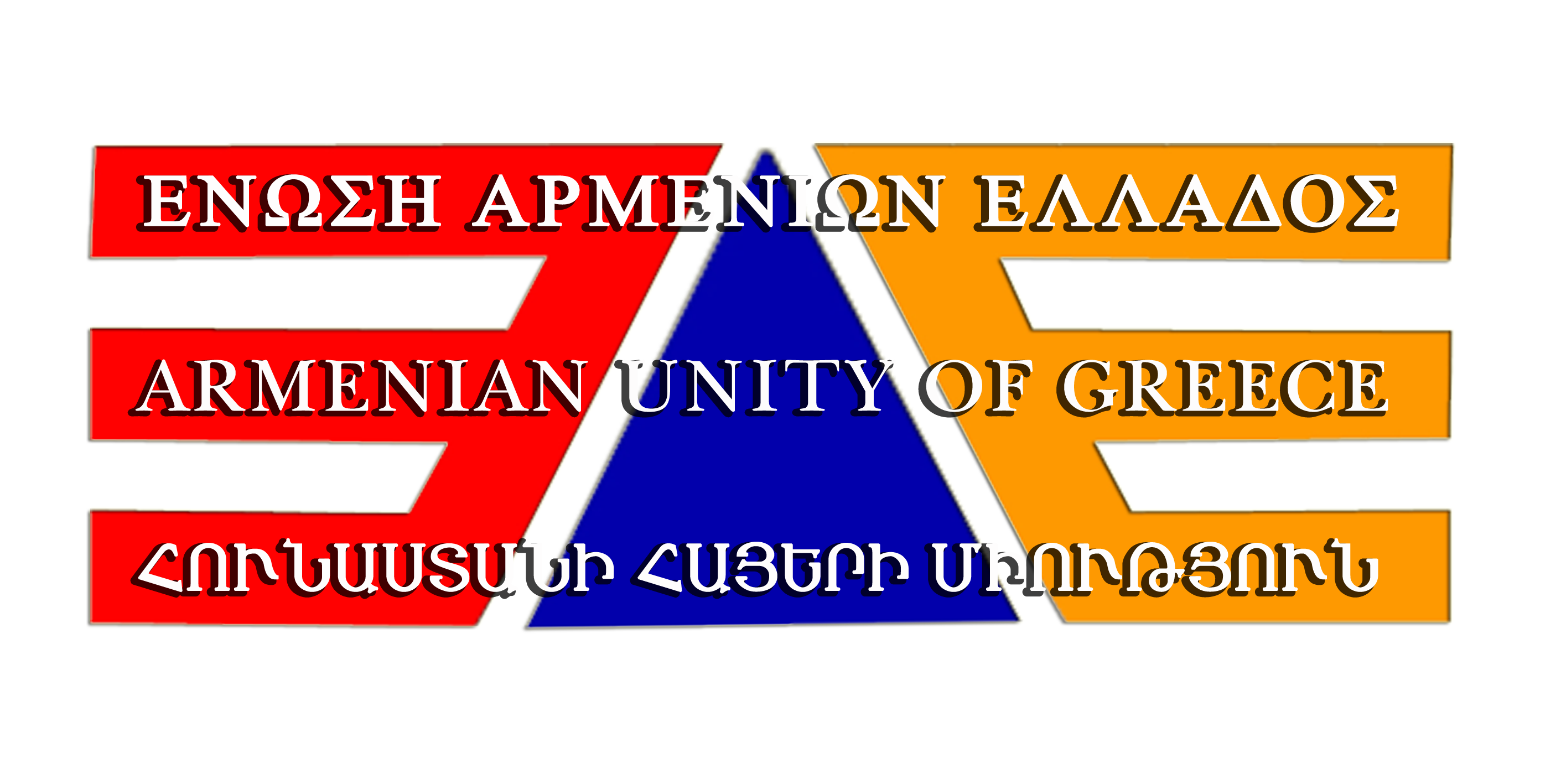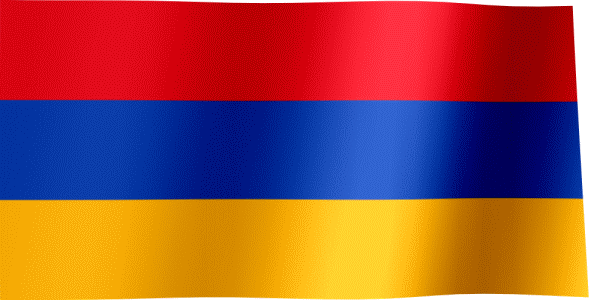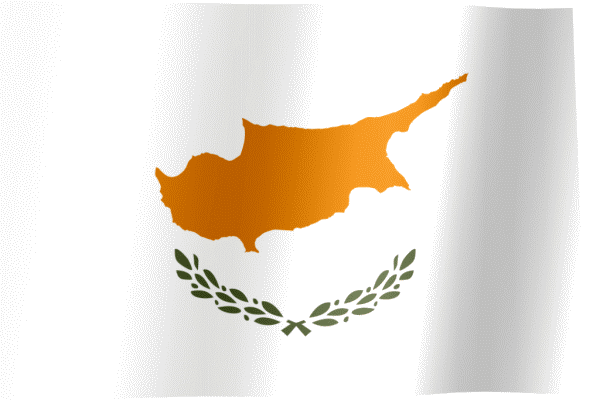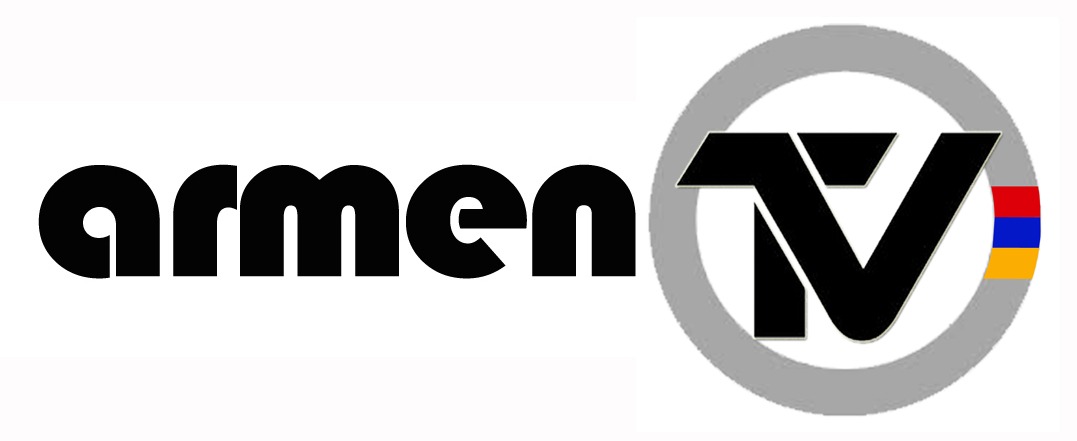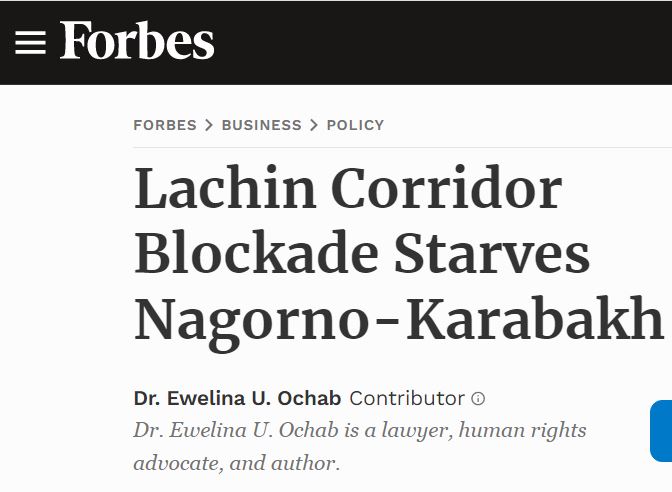
Armenian lorries carrying humanitarian aid for the Armenian-populated breakaway Nagorno-Karabakh AFP VIA GETTY IMAGES
The Lachin Corridor has been blocked by Azerbaijani protesters since December 12, 2022, reportedly protesting about the issue of alleged illegal mining of natural resources in Nagorno-Karabakh. The protest, blocking the Lachin Corridor, halts the normal movement of people and goods in or out of the enclave, including food, fuel, and medical supplies, resulting in shortages of the products in the enclave. Eight months later, the situation of the people of Nagorno-Karabakh turned into a humanitarian emergency requiring an urgent response and Azerbaijan continues to ignore the calls to address the situation.
On December 21, 2022, the European Court of Human Rights decided to indicate to the Government of Azerbaijan, under Rule 39 of the Rules of Court, to take all measures that are within their jurisdiction to ensure safe passage through the Lachin Corridor of seriously ill persons in need of medical treatment in Armenia and others who were stranded on the road without shelter or means of subsistence.
In February 2023, the International Court of Justice (ICJ), the principal judicial organ of the United Nations, ordered provisional measures to ensure that Azerbaijan ends the blockage of the Lachin Corridor. The order, which has a binding effect, states that the Republic of Azerbaijan shall, pending the final decision in the case and in accordance with its obligations under the International Convention on the Elimination of All Forms of Racial Discrimination (CERD), take all measures at its disposal to ensure unimpeded movement of persons, vehicles and cargo along the Lachin Corridor in both directions. Azerbaijan did not act upon the order and the Lachin Corridor continues to be blocked.
On July 30, 3023, Secretary of State Antony J. Blinken spoke with Azerbaijan’s President Ilham Aliyev to express deep concern for the humanitarian situation in Nagorno-Karabakh. Reportedly, “Secretary Blinken underscored the urgent need for free transit of commercial, humanitarian, and private vehicles through the Lachin corridor, and emphasized the need for compromise on alternative routes so humanitarian supplies can reach the population of Nagorno-Karabakh.” It is not clear what was the resolution of that conversation.



